Dutch Wednesday 2018

This lecture series has been developed with the financial assistance of the Wilhelmina E. Jansen foundation.

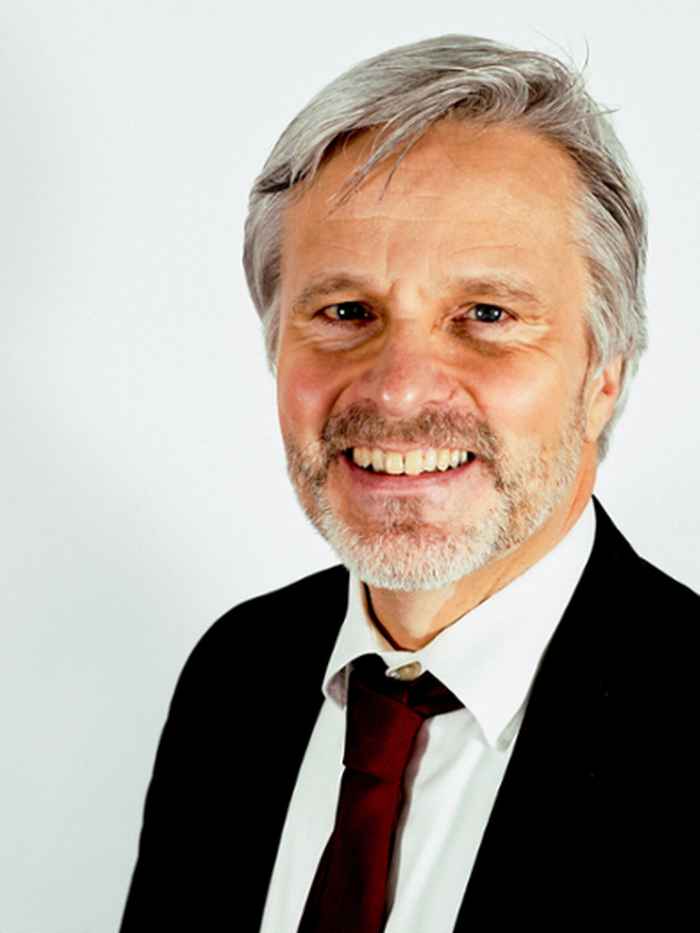
March 28 "Religion and Solidarity"
Hans Schilderman, professor Religion and Care, Radboud University
What is the significance of religion for shaping the social lives of European citizens? Public life is said to privatize, pluralize and commercialize. Europeans live in welfare states and the market increasingly addresses their needs and concerns. The contribution of religions to the basic concerns of social life – so influential in many countries over the past centuries - has often been overhauled by the institutional provisions and public insurances for our care and wellbeing. Is there any room left for the social tasks of religions and the churches? Or does religion grow into a marginalized phenomenon: more a private concern in family life than a public effort to realize societal concerns? There are both normative and descriptive sides to these questions. The normative side concerns the issue what religions’ contribution to modern societies should be. What are the moral concerns that motivate their contributions? The descriptive side assumes simultaneously a preceding and subsequent question: does religion in fact represent a social force and if so, to what objectives does it successfully contribute? Answers to these normative and descriptive questions do not necessarily match.
Some of the intricacies of this issue I hope to clarify in this lecture at the Netherlands Institute in Saint Petersburg. After sketching some religious differences among European countries and their church-state dependencies, I will clarify the notion of solidarity from the idea of social capital. In doing so I hope to discuss religions’ opportunities and inevitable limitations in morally engaging in social issues.
Prof. Dr J.B.A.M. (Hans) Schilderman (1959) is professor ‘Religion and Care’, and key domain chairholder in Empirical and Practical Religion at the Faculty of Philosophy, Theology and Religious Studies at Radboud University in the Netherlands. His teaching interests and research expertise cover a variety of topics ranging from spiritual care, ritual and ethics to cross-national research on social and political issues in religion. He has been engaged in the NORFACE funded research program on religion and solidarity (EURESOURCE) and has been president of the International Society of Empirical Research in Theology (ISERT). As supervisor of the master 'spiritual care' he publishes on professionalization issues in spiritual care, and is currently studying the religious significance of quality of life in suffering.
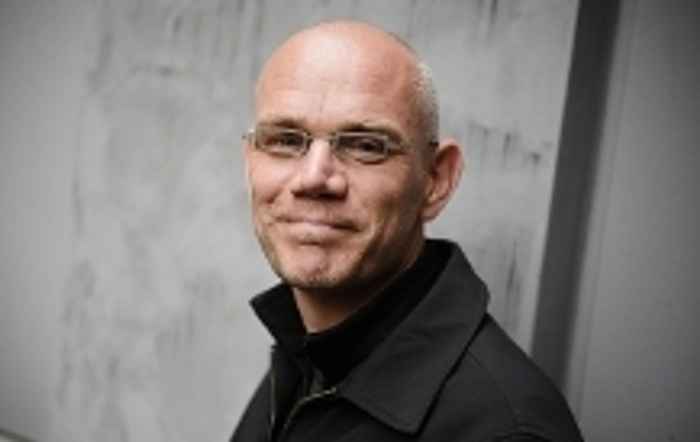
April 25 "Media Life"
Mark Deuze, professor Media Studies, University of Amsterdam
Research consistently shows how, through the years, more of our time is spent using media, how media multiply in everyday life, and that consuming media for most people takes place alongside producing media.
Media Life, as a concept, is a primer on how we may think of our lives as lived in rather than with media. T The way people experience media – the way humanity is digital – can be used as a prism to understand key issues in contemporary society, in which reality is open source, identities are – like websites – always under construction, and private life is lived in public forever more.
Ultimately, media are to us as water is to fish. The question is: how can we live a good life in media, like fish in water?
This presentation charts the options and opportunities for media life, focusing specifically on the working lives of those best positioned to show us how: media professionals.
Mark Deuze is Professor of Media Studies at the University of Amsterdam, The Netherlands, and before that worked at Indiana University in the US. His research focuses on media and everyday life and professional media production. Publications of his work include over 80 articles in peer-reviewed scholarly journals and 9 books – including “Media Work” (2007) and “Media Life” (2012) with Polity Press, “Leven in Media” (2017) and “Making Media” (forthcoming in 2018) with Amsterdam University Press. His work is published both in Dutch and English, and has been translated in Chinese, German, Portuguese, Greek, Czech and Hungarian. He was a Research Fellow at the Center for International Communications Research of the University of Leeds in the UK, and a visiting Fulbright Scholar at the University of Southern California in Los Angeles. Mark is also the bassist/singer of post-metal outfit Skinflower.
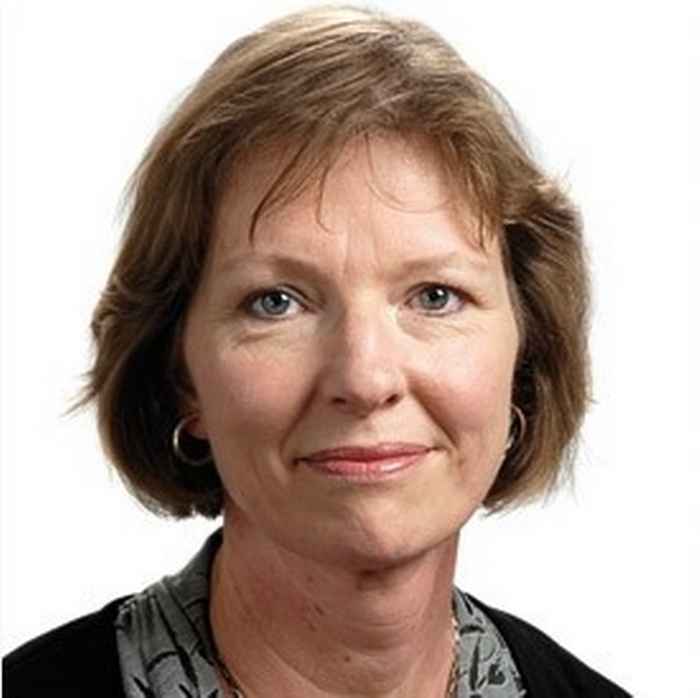
May 30 "Is Character an Illusion? Virtue, Vice, and Situationism"
Pauline Kleingeld, professor of Ethics and its history, University of Groningen
We regularly explain people’s behavior in terms of their character traits and evaluate it in moral terms. Psychological studies show, however, that human behavior reliably co-varies with morally irrelevant features of the situations in which we act. For example, when the sun is shining, people are generally more helpful than when it is cloudy, other things being equal. Some philosophers have argued on the basis of such results that moral character hardly exists and that it is unrealistic or even dangerous to strive to develop it. Their opponents respond that the development of a good moral character can and should remain a moral ideal. Who is right and how can we find out? In this lecture, Prof. dr. Pauline Kleingeld will discuss several relevant psychological studies and their implications for our thinking about human behavior and character in general, and about ethics in particular.
Pauline Kleingeld is Professor of Ethics and its history, Chair of the Department of Ethics and Social and Political Philosophy at the University of Groningen, The Netherlands. She is a member of the Royal Netherlands Academy of Arts and Sciences and the Royal Holland Society of Sciences and Humanities. She is a member of the NWO-funded consortium "Sustainable Cooperation" (2017-2026). Her research is in the fields of ethics and political philosophy, with a special interest in Immanuel Kant and Kantianism. She is the author of several books, most recently Kant and Cosmopolitanism: The Philosophical Ideal of World Citizenship (Cambridge: Cambridge University Press, 2012), which won the 2013 biennial NAKS Book Prize.
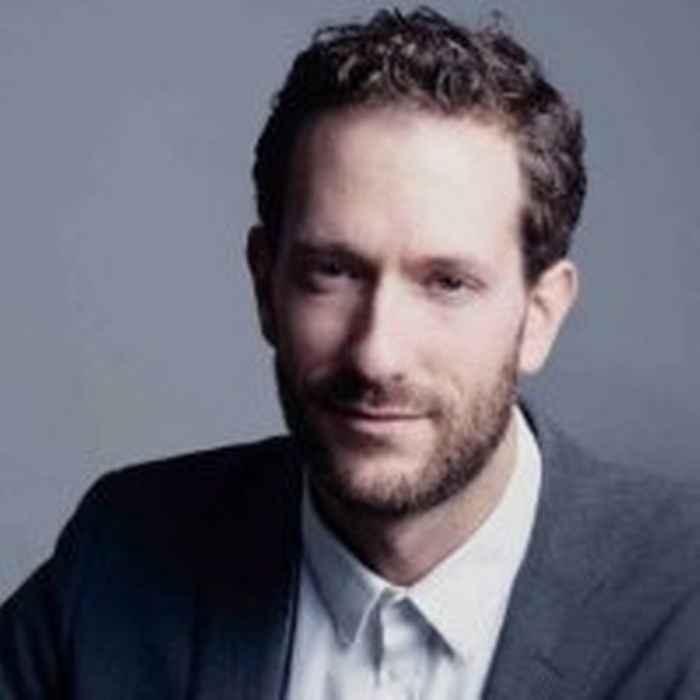
September 12 "The Rule of Law in the EU: Trials and Tribulations"
Jorrit Rijpma, Associate professor EU Law, University of Leiden
The common values upon which the European Union is based are listed in Article 2 of the Treaty on European Union. Amongst those values, democracy, the rule of law and respect for fundamental rights features prominently. Respect for these values is a pre-condition for membership.
In recent years, the rule of law has been under pressure in a number of Member States. In at least one Member State, Poland, the situation has been considered so worrisome that the European Commission has triggered the procedure to establish a clear risk of a serious breach of the EU's founding values, the first step in series of measures that may ultimately lead to the suspension of membership rights under EU law.
Why is respect for the rule of law so fundamental to European cooperation? How have the EU's political institutions and the Court of Justice of the European Union responded to these concerns? How effective has this response been?
In his lecture, Dr. Jorrit Rijpma from Leiden Law School, will engage with these questions. He will pay particular attention to the importance of the rule of law for the cooperation in Justice and Home Affairs, also known as the EU's Area of Freedom, Security and Justice.
Jorrit Rijpma is Associate Professor of European Law at the Europa Institute of Leiden Law School and holds a Jean Monnet Chair on Security and Mobility in Europe (MOSE).
Rijpma studied law at the European Law School in Maastricht and the College of Europe in Bruges. He defended his PhD at the European University Institute in Florence on the regulatory framework for the management of the external borders of the European Union. He conducted part of his research at the European border agency (Frontex) in Warsaw. He was a visiting professor at Koç University in Istanbul and Hastings College of Law in San Francisco.
Rijpma’s research focusses on cooperation in Justice and Home Affairs in Europe, the so-called Area of Freedom, Security and Justice. He looks in particular at the link between security and mobility and the institutional and technological developments in this field. He is also one of the Directors of the Faculty’s profile area on Interaction between Legal Systems (ILS), responsible for a research project on Maritime Security.
Rijpma is a member of the standing committee of experts on international immigration, refugee and criminal law (Meijers Committee). He also acts as deputy judge and external council to a private firm of immigration lawyers.
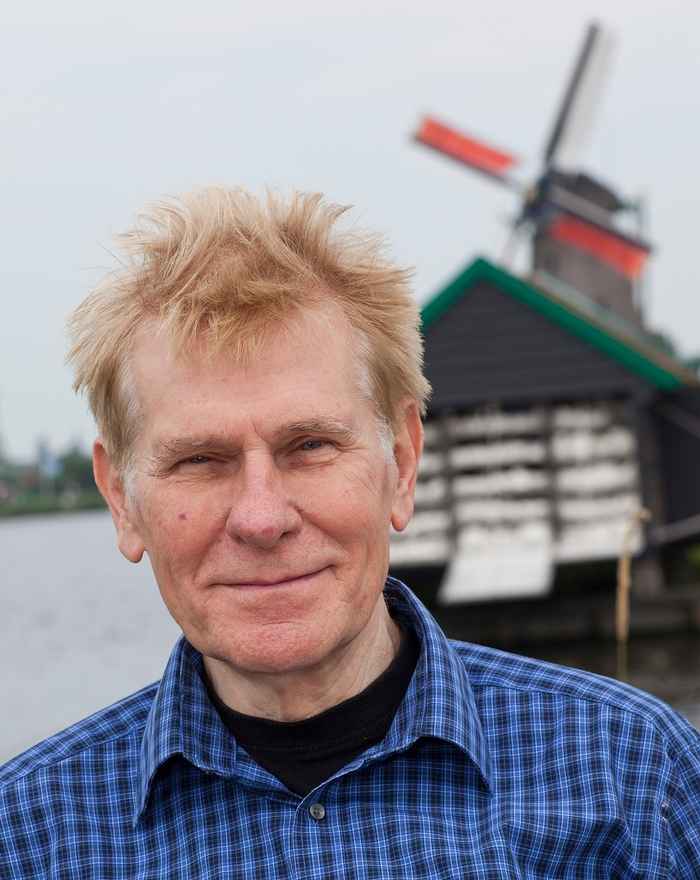
October 3, Jan Stroop
Why young women say goodbye to Standard Dutch
During the last decades a new type of spoken “general” Dutch has developed, which is of sociolinguistic interest for several reasons. In the beginning, 1960-1970, it was spoken by younger women from the higher middle classes (scientists, writers, artists, politicians). Nowadays it is spoken by a lot of social groups, of all classes and ages, and by both sexes.
The characteristic phenomenon of this new variety of Dutch is the lowering of the diphthongs [ei], [y] en [Yu], which results in [ai], [Yu] and [au]: [wein] changes in [wain] and sounds like English wine, [yt] changes in [Yut] like English out and [nYu] changes in [nau] like in English now. Lowering means “articulated with a lower jaw and a more open mouth”. It is the same type of “natural” change as the lowering that took place in many other languages: English wine, house; German Wein, Haus.
The reason why this development is taking place is the fact that lower diphthongs are easier for the speaker and better for the listener: they don’t need the accurate articulation higher diphthongs require and they are louder than higher diphthongs.
In English and German the change took place during the 16th and 17th centuries and became part of the standard language. Although /a.i/ also occurred in several Dutch dialects, it was not accepted in Standard Dutch, because it sounded “bad”, grammarians and writers thought in those days. And so the /ei/ remained the high diphthong of Standard Dutch for more than three centuries.
In the sixties and seventies of the last century the Dutch society changed in many ways. Old traditions and rules were ignored or violated, including the old rules of Standard Dutch. Especially women of the higher middle classes took advantage of the new social climate, by introducing, among others things, that “lowered” type of Dutch, which I named Poldernederlands (Polderdutch).
Dr. Jan Stroop studied at the University of Nijmegen. In 1977 he received his doctorate ‘cum laude’ with a thesis on terminology and history of mills (Molenaarstermen en molengeschiedenis). From 1966 until 1974 he worked at the Meertens Institute for Research and Documentation of the Dutch Language and Culture.
In 1977 Stroop became senior lecturer at the department of Dutch linguistics at the University of Amsterdam. Stroop is known for his discovery, in 1997, of the so-called Poldernederlands, the new variant of Standard Dutch.
He wrote a book about it (Poldernederlands - waardoor het ABN verdwijnt, 2009) and set up a website about it. In 2010 his book Hun hebben de taal verkwanseld (Them have wasted the language) appeared, about alleged ‘incorrect’ and 'bad' Dutch. He regularly posts on the blog http://www.neerlandistiek.nl/
Stroop also participated in the Dialectatlas van het Nederlands (2011).
In 2014 his book Die taal, die weet wat (Much ado about language) appeared, a collection of articles about our intriguing linguistic instinct, and about language purists, who fulminate against the so-called corruption of the language.
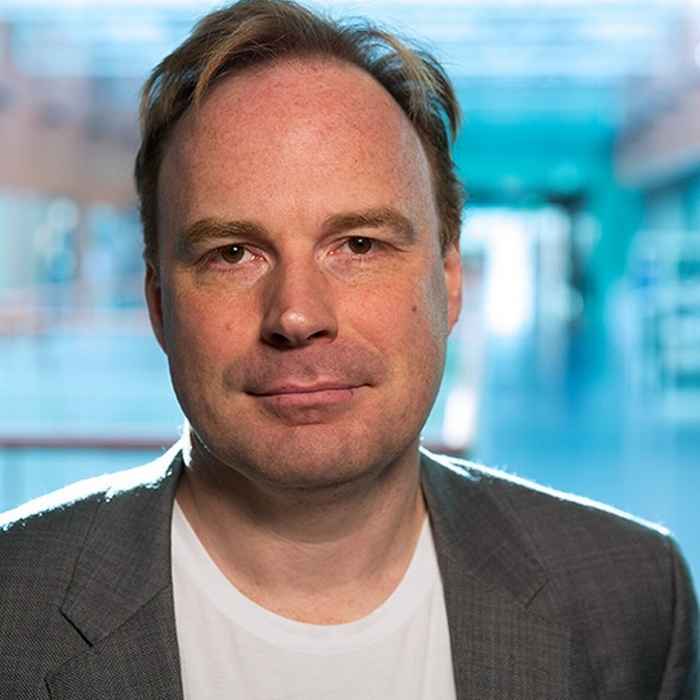
28th of November, "Magnetism of light – the key to terra incognita of ultrafast magnets"
prof. Alexey V. Kimel, Radboud University, Nijmegen
The power of invisible and thus magic forces of magnets has fascinated people for more than 3000 years. Magnetism today facilitates one of the cheapest, most reliable and energy-efficient technologies in data storage. Until very recently it was believed that the only way to record information on magnetic medium, i.e. to swop the poles of a magnet, is to apply a magnetic field from another (electro)magnet. Controlling magnetism with a laser beam was believed to be impossible and seeing as a science fiction such as Star Wars. Very recently we discovered a fundamentally new mechanism of taming magnetism with the help of ultrashort (0.0000000000001 sec) flashes of light. In particular, we have shown that using an ultrashort laser pulse instead of an electromagnet we can record information on a magnetic medium 50 times faster, while dissipating 5 million times less energy per bit than in state-of the-art hard disk drive.
In my lecture, after introduction of basics of magnetism for non-specialists, I will show that ultrafast magnetism is a poorly understood area in modern science with many counterintuitive experimental observations and great challenges for theory. In short, ultrafast magnetism is a dream for tomorrow’s technology and terra incognita which we try to explore.
Alexey V. Kimel is Professor of Ultrafast Spectroscopy of Correlated Materials at Radboud University in Nijmegen. He graduated from Saint-Petersburg Electro-Technical University (LETI) in 1997 and got his PhD from the Ioffe institute in St. Petersburg in 2002. In 2002 he moved to Nijmegen to work on optical control of magnetism. He is a winner of several prestigious research grants among which Veni (2004), Vidi (2006) and Vici (2017) from the Netherlands Organization for Scientific Research (NWO). In 2013 he was awarded a MegaGrant to develop a world-class laboratory specialized on ultrafast dynamics of ferroics at Russian Technological University (MIREA) in Moscow. In 2017 he got Radboud Science Award which implies that the winner will translate his research into learning activities for 10-12 years old kids. He is a senior member of IEEE, member of the Scientific Advisory Board at FELBE (free-electron laser (FEL) at the Electron Linear accelerator with high Brilliance and Low Emittance (ELBE)) Helmholtz Centrum Dresden-Rossendorf, a member of the Proposal Review Panel at FERMI (Free Electron laser Radiation for Multidisciplinary Investigations) in Trieste.